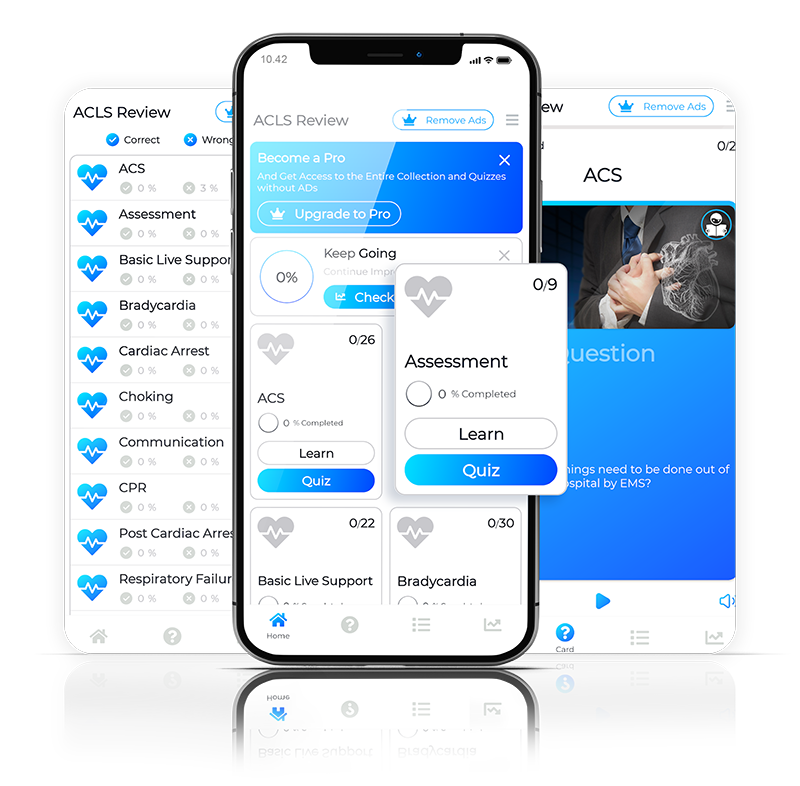acls training
http://aclsstudyguide.comACLS training is essential for healthcare providers, particularly doctors, who are involved in emergency medical situations. Advanced Cardiovascular Life Support (ACLS) focuses on the treatment of cardiac arrest, stroke, and other cardiovascular emergencies. The training emphasizes the importance of rapid assessment, immediate intervention, and effective teamwork to improve patient outcomes. It combines theoretical knowledge with practical skills, ensuring that participants are well-equipped to handle life-threatening situations in a variety of settings.
The curriculum for ACLS training includes a thorough review of the latest guidelines from the American Heart Association. This encompasses critical topics such as the recognition of cardiac arrest, the use of high-quality CPR, defibrillation techniques, and the administration of medications. Additionally, ACLS training covers advanced airway management and the management of post-cardiac arrest care. Doctors are trained to identify the underlying causes of cardiac emergencies, which is vital for implementing appropriate interventions swiftly and effectively.
Throughout the training, participants engage in hands-on practice with simulation scenarios that mirror real-life emergencies. These simulations are designed to replicate the stress and urgency of actual cardiac events, allowing doctors to practice their skills in a controlled environment. By working with manikins and utilizing scenarios that require teamwork and communication, participants enhance their ability to lead a resuscitation team and make critical decisions under pressure.
An important aspect of ACLS training is the emphasis on continuous education and skill retention. As medical guidelines and technologies evolve, it is crucial for healthcare professionals to stay current with best practices in emergency care. Regular refresher courses and recertification help ensure that doctors maintain their skills and knowledge, fostering a culture of preparedness and competence within read more healthcare teams. This ongoing education also supports quality improvement initiatives in hospitals and other medical facilities.
Finally, ACLS training fosters a collaborative approach to patient care. Doctors are encouraged to work closely with nurses, paramedics, and other healthcare providers during training, which mirrors the interdisciplinary teamwork required in real-life situations. This collaboration is essential not only for effective patient management but also for creating a supportive environment that enhances the overall quality of care. By integrating ACLS training into their professional development, doctors can significantly improve their ability to respond to cardiovascular emergencies, ultimately leading to better patient outcomes.
